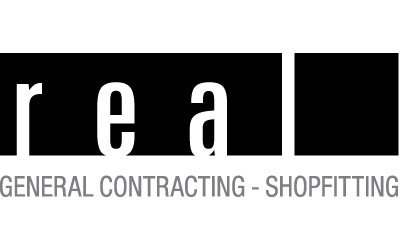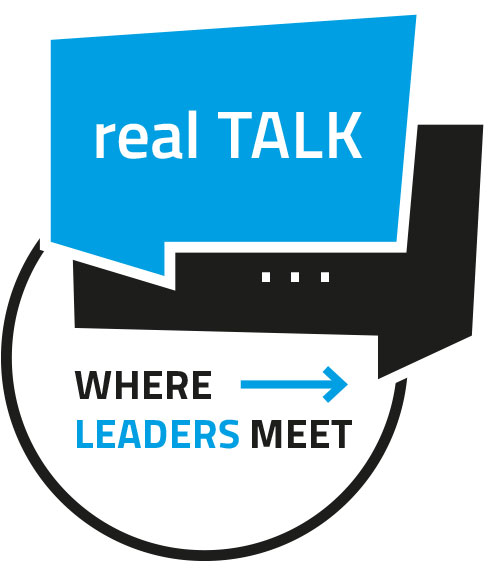Researchers at the Fraunhofer Institute have long agreed that the future of companies lies either in becoming so-called caring companies or in setting themselves up as fluid companies. But what are the differences and how can this be achieved?
It has long been clear that the world of work is undergoing a change. This is not only due to digitization, but also to the development of the economy and people themselves. Employees are more than willing to become true professionals, provided they can identify with the content within a company and feel comfortable in their workplace. However, two different guiding principles or structural setups are needed to make this possible. It must be either a fluid or a caring company.
What are Caring Companies?
Freely following the motto “caring is sharing,” Caring Companies are dedicated to looking after the needs of their employees. They have a high proportion of employees with permanent contracts. To ensure that they feel at home at the company and stay there for a long time, the supervisors make a lot of effort that also includes the employees’ families. Daycare places in the company, vacation days in case of illness of the children, parent-child free time and family-friendly flexitime are just some of the efforts to ensure a better work-life balance. This makes the workplace more attractive for fathers and mothers with families and ensures satisfaction among the workforce. For the company, satisfied employees mean efficient employees who are loyal and prove it every day anew.
Fluid companies need loyalty
In contrast to caring companies, fluid companies have a fairly small pool of permanent employees. They work predominantly with temporary employment contracts. As a result, you have to make an effort to ensure that employees are always happy to find their way back to the company and are available for new, exciting projects. This means that a high degree of loyalty is required. And this requirement should be understood in a split way. The few core employees should stay with the company as long as possible and feel comfortable. The remaining employees are welcome to come back. To achieve this, it is necessary to position oneself attractively on the market. In addition to good compensation, this is also about exciting work content, a high-quality assessment of the work performed, and a good work-life balance. Workers need to develop their full performance potential here as quickly as possible so that ongoing projects can be supervised and worked on in the best possible way.
The agony of choice
It is often not possible for bosses to really actively decide what kind of company they want to be. In most cases, the answer to the question of whether it should be a caring company or a fluid company simply results from the economic possibilities. What premises are available, how large is the field of work to be covered, what wages can I pay and what additional services do I want to provide? These are all questions that responsible persons must first deal with. Only then is it a matter of deciding what is on offer and which employees are desirable. In principle, it is always better to ensure calm, consistent work structures. This helps team building, especially for long-term projects. Sometimes, however, this desire simply cannot be translated into reality. Then fluid companies are the best second option. So if there’s no other way, then at least do it at a high level and with high-performing, satisfied employees. In the end, the result has to be right.
Learning from Caring Companies
It is important to recognize that, in the long term, every company should have internalized the basic structures of the Caring Company. Only in this way is it possible to survive in the face of growing and increasingly fierce competition and to always be a valuable step ahead of the competition: Namely, to have competent specialists who start their working day satisfied and motivated in the morning and to profit from this as a company management in the long term.
Image copyright: depositedhar




